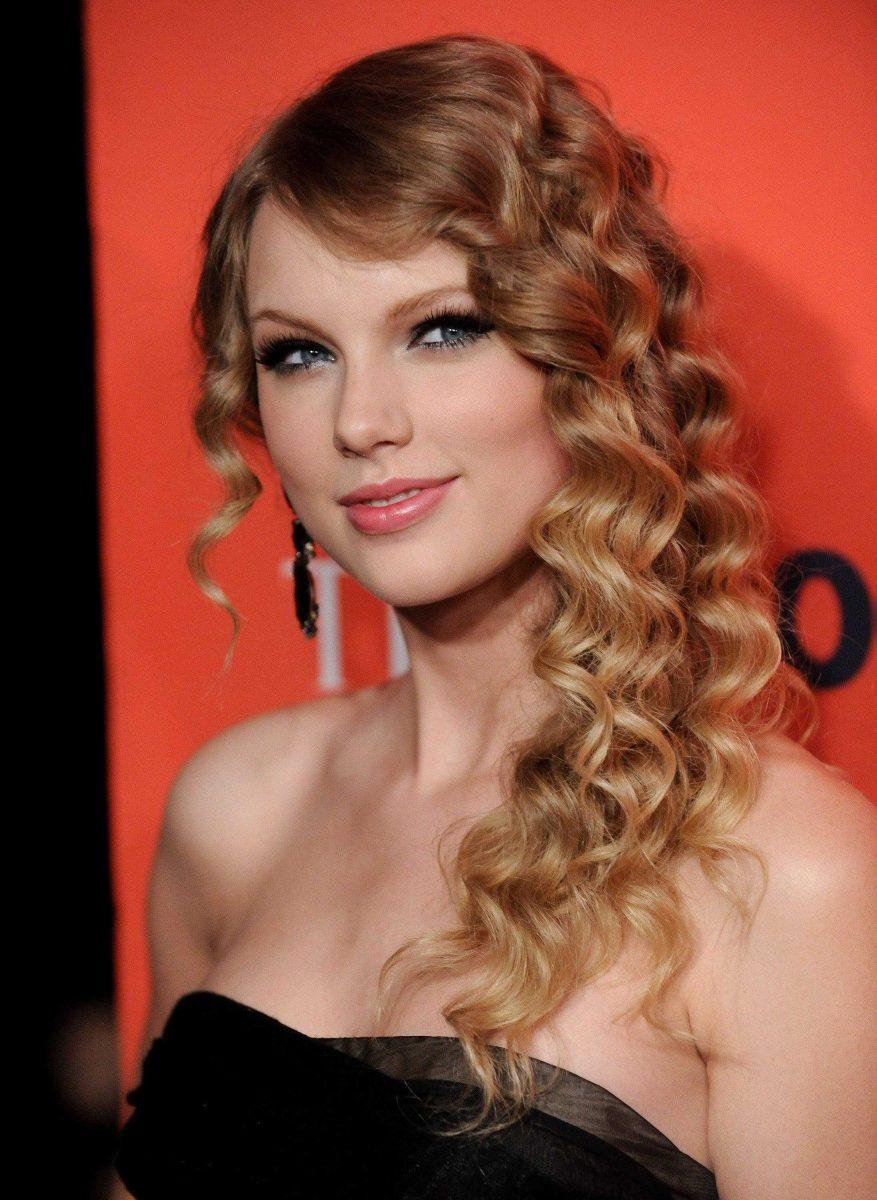The Mayans were right. The world is ending. It’s 2012, and Dec. 21 is quickly approaching.
How can we be sure? Because Taylor Swift released a dubstep song. You read that right — there’s the drop, the wub and the mind-numbing, anxiety-inducing beat.
O.K., maybe it isn’t the end of the world. To be honest, it’s not even surprising. Despite marketing herself as a cutesy country artist who will write a three-and-a-half-minute revenge ballad if you so much as accidentally bump into her on the sidewalk, Swift has never been dixie.
Swift is an all-too-perfect specimen of the early 21st century’s pop music paradox. Today’s top artists (and their marketers and their writers and their producers) are truly making bank on the minimal amount of talent they possess. And there’s nothing wrong with that. Musicians need to make a living too.
The problem is that creativity has become almost irrelevant to what makes money and tops the charts, and the worst part is that fans have stopped demanding the best from the artists they plaster on their walls and endlessly quote on Facebook.
Swift makes catchy music, and she — or her marketers — deserve credit for giving people what they want.
But the beauty of music and the genius of its timeless pioneers stem from listeners not always getting what they want. Those artists we exonerate as the greatest musicians of all time challenged what was conventional, taking current sounds, making it their own and turning it upside down.
Elvis Presley shook his hips like he was possessed by the demon of dance. Bob Dylan couldn’t sing. The Beatles had the audacity to release “Revolver” while they were still romancing the Rolling Stone.
What do we get now? Mumford and Sons make another album of twangy, anthemic folk, fresh out of London. “Gangnam Style,” an idiotic ripoff of the already idiotic LMFAO, is actually making money in the U.S. Taylor Swift just released a dubstep song.
During the ’60s, ’70s and maybe ’80s, what I will arbitrarily dub as the Golden Age of Music, the popular artists were the trendsetters. An album would hit No. 1, and a deluge of wannabes would pump out carbon-copied records. Now, pop music is simply a shameless reproduction and exploitation of Internet-hyped, semi-underground trends.
Perhaps this outlook is naive — after all, music is a profession. People are smart to cash in on the obvious trends. The fault is on the listeners’ ears, as we refuse to reject laughable attempts at music that aims for the middle.
But for some, picking up an album that challenges the convention of what qualifies as music is a blessing.
Critical indie darling Animal Collective’s newest LP “Centipede Hz” is one of those albums. On top of the world after the success of the masterful “Merriweather Post Pavilion,” Avey Tare, Panda Bear and the gang could have produced an obviously similar work and continued riding Pitchfork 9.0-plus waves all the way to the bank.
Instead, Animal Collective did what many table-turners before have executed flawlessly. “Centipede Hz” could not have been more different than the preceding breakout. Composition choices are anything but conventional, and sounds appear that don’t usually belong in coherent music.
But time spent with this record is inexpressibly rewarding. Simply opening the mind to consider what was not expected and what is not conventional can change perspective on an album. “Centipede Hz” is undoubtedly 21st century, but that doesn’t mean there’s a bass drop to be found.
That’s why I take a little pride in being musically pretentious and why I will fault someone who says his or her favorite musician is on Top 40 radio repeat.
You shouldn’t hate Taylor Swift because she’s whiny and a little tone-deaf. You should be unsatisfied with her because her music is lazy and pandering to consumers’ least common denominator.
But we should be mad at ourselves, because we’re settling for artists’ worst, and we’re paying sky-high prices for albums and shows that aren’t their best.
Brian Sibille is 20-year-old mass communication junior from Lafayette.





